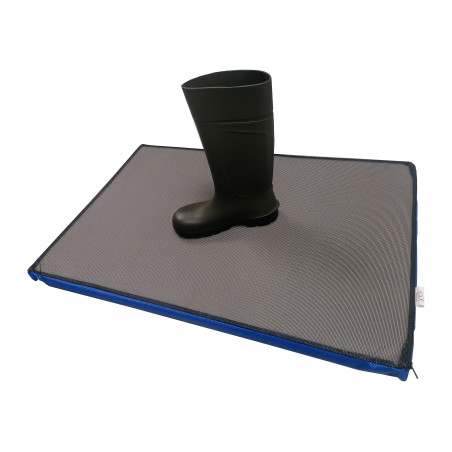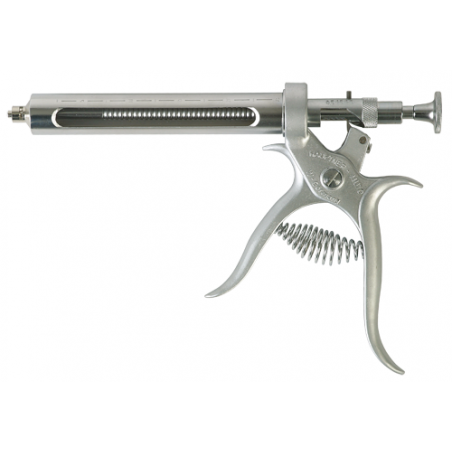To assess the effectiveness of emergency vaccination for reducing the contact-induced infection and pathological damage caused by the highly pathogenic porcine reproductive and respiratory syndrome virus (HPPRRSV), 20 pigs were equally divided into four groups. Groups 1, 2 and 3 were housed in one unit, whereas Group 4 was separately housed. Group 1 was challenged with HPPRRSV on day 0. Group 2 and 4 did not receive treatment and were used as the contact-infected and uninfected controls, respectively. Group 3 was treated with the attenuated vaccine at 0 days post-inoculation. The rectal temperatures, clinical signs, pathologic lesions and viraemia of the piglets were detected and evaluated.
The vaccinated pigs in Group 3 showed less clinical morbidity, viraemia, temperature fluctuations and lung lesions at 14 days post-inoculation, as compared with the contact- infected (Group 2) and experimentally infected (Group 1) pigs. Higher serum IFN- γ levels were detected among the pigs that received emergency immunisation. Thus, IFN-γ may be involved in immunity against HPPRRSV infection.

These results indicated that emergency vaccination could effectively alleviate HPPRRSV infection during experimental contact exposure. Our findings provide a novel and useful strategy for controlling clinical HPPRRSV.
Xiao Li, Li Qiu, Zengqi Yang, Ruiyi Dang, Xinglong Wang. Emergency vaccination alleviates highly pathogenic porcine reproductive and respiratory syndrome virus infection after contact exposure. BMC Veterinary Research 2013, 9:26.







